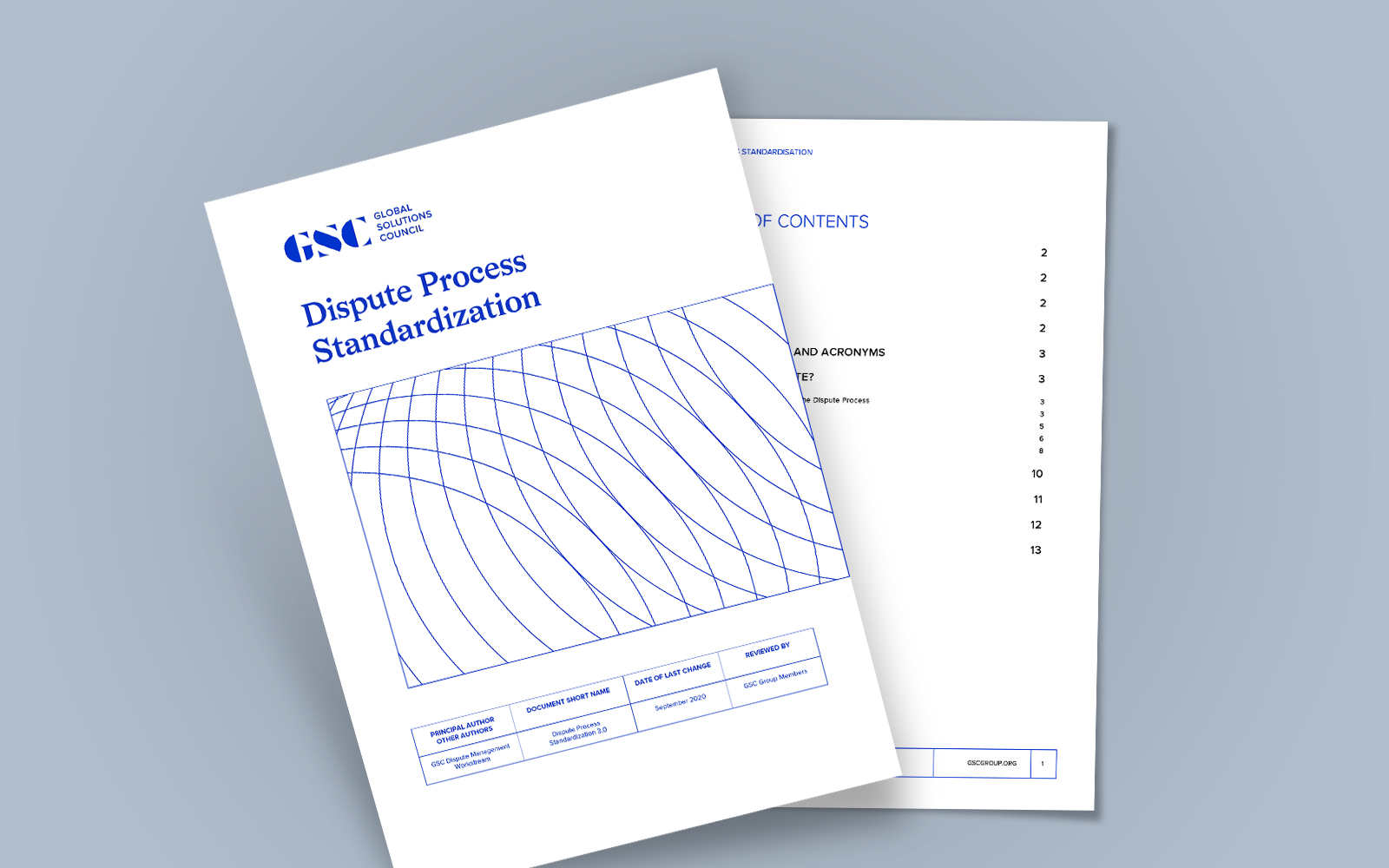The Dispute Management workstream met to review and update the Dispute Process Standardization and Dispute Management Guidelines documents. The aim was to introduce commonality to the dispute management process as a whole and to highlight the best practices to resolve disputes.
The workshops were focused on Voice products; however, the same processes can be reengineered for other products.
Rate dispute findings and additions:
- To be raised within 30 days or as agreed on Contract. Some exception accepted.
- No minimum threshold.
- Rates to be sent to the correct team/ email address as agreed on the contract.
- Reference data needs to be up to date
Dial codes and Shortfall dispute findings and additions:
- Check Dial codes on rate sheet and match CDRs.
- Check timezone, rounding, peak/off-peak pricing etc.
- I3forum Master Numbering Plan, carriers are requested to promote this cause within the organization in order to create a Master numbering plan for the industry.
- Shortfalls are mostly not charged, but added in the next swap.
- Shortfalls are always discussed with the Commercial team.
- Primarily allow 1– 2 months of GP extension.
Volume dispute findings and additions:
- Disputes not raised if less than 1% (of overall invoice) or $1,000. This threshold changes from carrier to carrier. Some limit to $500, but it’s based on Contract.
- If the difference is repeated for more than 3 months then dispute is raised and investigated.
- Most carriers are working on adding/updating the dispute tolerance on the Contract.
- The disputing party holds the responsibility to analyze the dispute and provide proof towards the claim. Disputed party should provide necessary information to aid the analysis, namely CDRs.
- First a day-wise summary is shared to find out which day’s CDRs need comparison.
- Based on this analysis required, CDRs are shared and further comparison is done to pinpoint the root cause.
- Technical teams are involved when Live testing or more intensive investigation are needed.
- Commercial team to get involved when both parties have issues and a clear resolution is not achieved.
Fraud dispute findings and additions:
- Suppliers should be informed ASAP once a fraudulent activity is detected, to stop the payment flow in writing.
- Fraud destination, minutes, dates, and amounts should be mentioned on the dispute along with CDRs of the fraud traffic.
- A detailed police report should be shared with the carrier within 30 days of the fraudulent activity. This timeline can be flexible but at discretion of Carrier.
- If Police reports are obtained in a language other than English then an English translation will need to be provided within 60 days.
- Standardization of Police report – shared part of the Fraud Management workstream.
- No minimum threshold to raise a Fraud dispute. If a dispute is raised by a Customer then it should be highlighted to the Supplier unless the carrier considers the amount to be too small. May be $100, but this amount varies from Carrier to carrier.
- Most carriers do not have a fraud clause in the contract, however are in the process of adding the same.
- The fight against fraud has to be a fought together and with a sense of urgency. Quick action with blocking the traffic, and in turn the payment, is key to the success.
- Although this does NOT guarantee success in all cases, it does increases the chance.
Learnings from the workstream:
- Knowledge sharing on end-to-end dispute management process.
- Agreement around the process.
- We are all facing similar problems.
- Most processes we follow on dispute resolution are aligned.
- Open communication is key.
Challenges we face:
- Need more and more carriers to follow the process uniformly.
- Fight against fraud and the urgency expected within the industry.
- Unresolved disputes.
- Lack of communication.
- Old contracts do not support cause.
